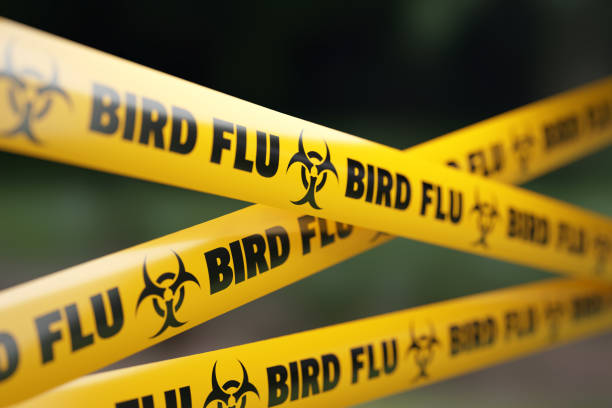
Unfortunately, avian influenza did not take a break over the holidays and there have been several new cases develop over the long holiday period in the same general area in western Tennessee. I cannot impress upon everyone enough the importance that a strong biosecurity program plays in keeping the flocks of both backyard and commercial clientele safe from this deadly disease. Biosecurity has three major components: 1) Isolation, 2) Sanitation, and 3) Traffic Flow. All three of these must be followed 24/7/365 if we are to protect our flocks.
I am well aware that biosecurity is not the most exciting topic for discussion but the simple truth is it is what will keep our flocks safe when it comes to avian influenza. In fact, it’s pretty much all we have. We cannot vaccinate or medicate our way out of this current avian influenza crisis. Disease prevention and protection depend on how good our biosecurity program is and whether or not we follow that program. Having a biosecurity plan is useless unless that plan is followed to the letter at all times.
County agents please impress upon your backyard and commercial clientele the importance of having and following a biosecurity plan. Your commercial clientele hear this from the companies they grow birds for all the time but it won’t hurt for them to hear it from you as well. Your backyard clientele are likely much less familiar with biosecurity but they need to get familiar…. and fast. If I need to come do a biosecurity presentation for your backyard chicken folks, I will gladly do so. Just let me know how I can help you.
As of December 30, 2022, across the country, USDA was reporting 715 farms that had broken with avian influenza in 2022 (306 commercial farms and 409 backyard farms) with a loss of 57.82 million head of birds. This is more than the 50 million head lost in 2015 during the last big avian influenza outbreak. We cannot continue down this road. I expect avian influenza to be a threat throughout 2023 and perhaps well into the future. Therefore, we have got to get our biosecurity act together if we expect to rein in this threat.
Any sudden increase in the number of sick birds in a flock or a spike in the number of bird deaths in a flock should immediately be reported to State Veterinarian Dr. Samantha Beaty’s office at 615-837-5120. Someone from the field staff at the Tennessee Department of Agriculture will then be sent out ASAP to test for avian influenza.
